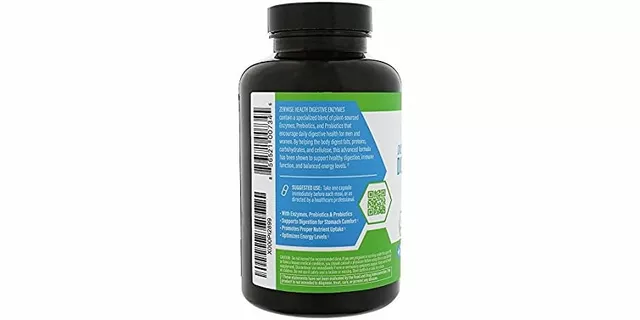Vitamin K: What It Does, Where to Find It, and Why It Matters
Ever wonder why leafy greens keep popping up on nutrition lists? One big reason is vitamin K. This nutrient helps your blood clot when you cut yourself and supports strong bones. Below we’ll break down the basics, point out tasty foods that pack a punch, and tell you when a supplement might be worth considering.
Top Food Sources of Vitamin K
Leafy greens are the star players. Kale, spinach, Swiss chard, and collard greens each give more than 100% of the daily value in just one cup. If you’re not into raw salads, try steaming them – cooking doesn’t strip away the vitamin.
Other good options include broccoli, Brussels sprouts, and cabbage. Fermented foods like natto (a Japanese soy bean dish) are loaded with vitamin K2, which some research ties to better bone health. Even certain oils—especially soybean and canola—add a modest amount.
When to Consider a Supplement
If you’re on blood‑thinning medication such as warfarin, your doctor may ask you to keep vitamin K intake steady. In those cases, a low‑dose supplement could help maintain consistency, but only under medical guidance.
People with limited diets—like strict vegans who avoid fermented foods—or those with malabsorption issues might also benefit from a supplement. Aim for a product that provides both K1 (from plants) and K2 (from animal or fermented sources) unless your doctor says otherwise.
Typical adult recommendations hover around 90‑120 µg per day. Most folks hit that number just by eating a few servings of greens each week. If you’re unsure whether you’re getting enough, look for signs such as easy bruising, frequent nosebleeds, or unusually slow wound healing.
Remember, more isn’t always better. Extremely high doses can interfere with anticoagulant therapy and may cause unwanted blood clots. Stick to the recommended range unless a healthcare professional advises otherwise.
Bottom line: Vitamin K is essential for clotting and bone health, easy to include in everyday meals, and only needed as a supplement in specific situations. Keep an eye on your diet, stay consistent if you’re on blood thinners, and you’ll give your body the support it needs without any hassle.

Unlock the Full Potential of Vitamin K: The Ultimate Dietary Supplement Guide
I recently came across an incredible guide on Vitamin K and its full potential as a dietary supplement. This ultimate guide covered everything from the various forms of Vitamin K, their benefits, and the best food sources to obtain it. It was fascinating to learn how essential Vitamin K is for maintaining healthy bones, proper blood clotting, and even reducing the risk of heart disease. I was also surprised to find out that many people are not getting enough of this vital nutrient in their diet. If you're looking to improve your health and wellness, I highly recommend checking out this comprehensive guide on unlocking the full potential of Vitamin K.
Categories
- Medications (88)
- Health and Wellness (47)
- Pharmacy Services (15)
- Chronic Conditions (9)
- Women Health (6)
- Health and Nutrition (5)
- Medical Research (4)
- Mental Health (4)
- Child Health (2)
- Skincare (2)
Popular Articles



